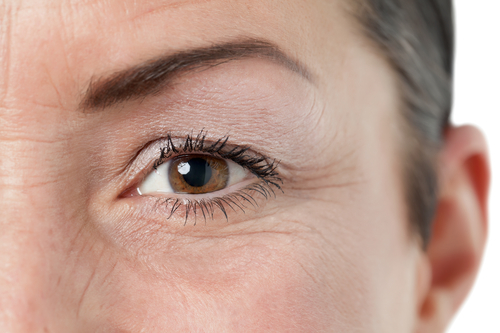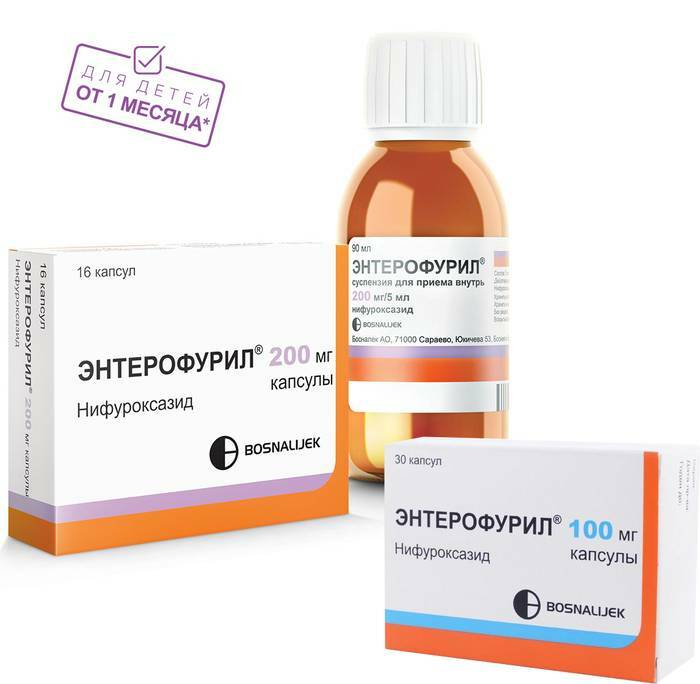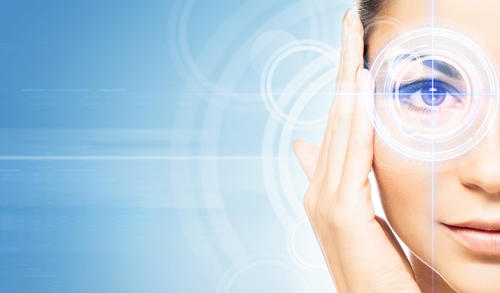Gilbert's Syndrome (Gilbert's disease) is a benign hepatic dysfunction, which consists in clearing it indirect bilirubinWhich is generated by the breakdown of hemoglobin.
Gilbert's syndrome - a hereditary constitutional features, so this pathology by many authors is not considered a disease.
A similar anomaly occurs in 3-10% of the population, most often it is diagnosed among people in Africa. It is known that men are 3-7 times more likely to suffer from this disease.
The main characteristics of the syndrome described include the periodic increase of bilirubin in the blood and the related jaundice.
Causes
Gilbert's syndrome - a hereditary disease caused by a defect in a gene located in the chromosome and the second is responsible for the production of a hepatic enzyme - glyukoroniltransferazy. Indirect bilirubin is bound in the liver due to this enzyme. It leads to an excess hyperbilirubinemia (bilirubin content increased in the blood), and as a result, to jaundice.
The factors that cause aggravation of Gilbert's syndrome (jaundice)
- infectious and viral diseases;
- trauma;
- menstruation;
- violation of the diet;
- starvation;
- insolation;
- lack of sleep;
- dehydration;
- excessive exercise;
- stress;
- taking certain drugs (rifampicin, chloramphenicol, anabolic drugs, sulfonamides, hormones, ampicillin, caffeine, paracetamol, etc.);
- alcohol consumption;
- surgery.
Symptoms of the disease Gilbert
One-third of patients with pathology does not manifest itself. Elevated levels of bilirubin in the blood was from birth, but to put this diagnosis for infants is difficult because of neonatal jaundice. As a rule, Gilbert's syndrome is defined in young men aged 20-30 years at the time of the survey on another occasion.
The main feature of Gilbert's syndrome is ikterichnost (yellowness) sclera and sometimes the skin. Jaundice in most cases is periodic and has a mild degree.
About 30% of patients during acute note of the following symptoms:
- pain in the right upper quadrant;
- heartburn;
- metallic taste in the mouth;
- loss of appetite;
- nausea and vomiting (especially in the form of sweet products);
- flatulence;
- a feeling of fullness of the abdomen;
- constipation or diarrhea.
Not excluded and signs characteristic of many diseases:
- general weakness and malaise;
- chronic fatigue;
- difficulty concentrating;
- dizziness;
- heart palpitations;
- insomnia;
- chills (without fever);
- muscle pain.
Some of the patients complain about the disorder in the emotional sphere:
- depression;
- tendency to antisocial acts;
- irrational fear and panic;
- irritability.
Emotional lability is connected, most likely, not with elevated bilirubin, and a self-suggestion (permanent specimen collection, visiting different clinics and doctors).
Diagnostics
Confirm or refute Gilbert's syndrome helped by various laboratory tests:
- CBC - blood marked reticulocytosis (increased content of immature erythrocytes) and mild anemia - 100-110 g / l.
- urinalysis - no deviations from the norm. The presence in urine urobilinogen and bilirubin evidence of liver disease.
- blood chemistry - blood sugar - normal or somewhat reduced, blood proteins - in the normal range, alkaline phosphatase, AST, ALT - normal, thymol test negative.
- bilirubin in the blood - normal levels of total bilirubin equal 8,5-20,5 mmol / l. When Gilbert's syndrome there is an increase of total bilirubin by indirect.
- blood clotting - prothrombin ratio and prothrombin time - within the normal range.
- markers viral hepatitis - no.
- liver ultrasound.
Perhaps a slight increase in size of the liver during an exacerbation. Gilbert's syndrome is often combined with cholangitis, gallstones, chronic pancreatitis.
It is also recommended to investigate the thyroid function and carry out a blood test for serum iron, transferrin, total iron capacity (TIBC).
In addition, to confirm the diagnosis is carried out special tests:
- Test with starvation.
Fasting for 48 hours or restriction of caloric intake (up to 400 kcal per day) leads to a sharp increase (2-3 times) of free bilirubin. Unbound bilirubin is determined on an empty stomach for the first day of the trial and in two days. The increase in indirect bilirubin 50-100% indicates a positive sample. - Test with pentobarbital.
Receiving phenobarbital at a dose of 3mg / kg / day for 5 days reduces the level of unbound bilirubin. - Assay with nicotinic acid.
Intravenous injection of nicotinic acid at a dose of 50 mg increases the amount of unbound blood bilirubin of 2-3 times over three hours. - Test with rifampicin.
Introduction 900 mg Rifampicin causes an increase in indirect bilirubin.
Also allows you to confirm the diagnosis of percutaneous puncture of the liver. Histological examination of the puncture shows no signs of chronic hepatitis B and cirrhosis of the liver.
Another additional, but costly research is the molecular genetic analysis (Blood from the vein) by means of which is determined by defective DNA involved in syndrome development Gilbert.
Treatment of Gilbert's syndrome
Gilbert's syndrome, a specific treatment does not exist. Condition monitoring and treatment of patients carries a gastroenterologist (in his absence - the therapist).
Diet with the syndrome
Recommended for life, and in periods of exacerbation - especially thorough, diet.
excluded are:
- sweet food;
- bakery products;
- greasy creams;
- chocolate.
The diet should prevail vegetables and fruits, cereals, preference is given oatmeal and buckwheat. Permission is granted to low-fat cottage cheese, 1 egg per day, mild hard cheeses, powdered or condensed milk, a small amount of sour cream. Meat, fish and poultry should be low-fat varieties, is contraindicated the use of pungent foods or foods with preservatives. Alcohol, especially strong, should be abandoned.
Displaying excessive drinking. Black tea and coffee desirable to replace the green tea and unsweetened fruit drink of sour berries (cranberries, cranberries, cherries).
Meal - at least 4-5 times a day, moderate portions. Fasting, as overeating can lead to an exacerbation of Gilbert's syndrome.
In addition, patients with this syndrome should avoid exposure to the sun. It is important to inform physicians about the presence of this disease to the physician was able to pick up adequate treatment for any other reason.
drug therapy
In periods of exacerbation appointed reception:
- hepatic (Essentiale forte karsil, silymarin geptral);
- vitamins (B6);
- enzymes (Festalum, mezim);
Also shown are short courses of phenobarbital, which binds the indirect bilirubin.
To restore motility when expressed and nausea or vomiting use metoklopromid (Reglan), domperidone.
Forecast
Forecast at Gilbert's syndrome is favorable. With diet and rules of conduct life expectancy of such patients is no different from a lifetime of healthy people. Moreover, maintaining a healthy lifestyle contributes to its increase.
Complications of chronic hepatitis and cirrhosis of the liver are possible with alcohol abuse, excessive enthusiasm "heavy" food, which is quite possible, and in healthy people.



